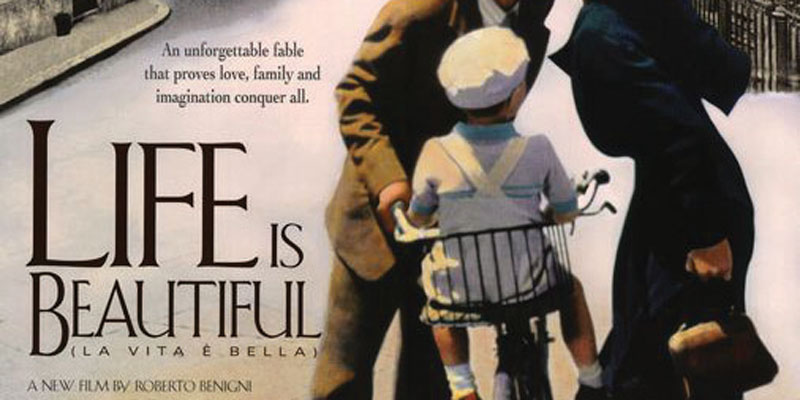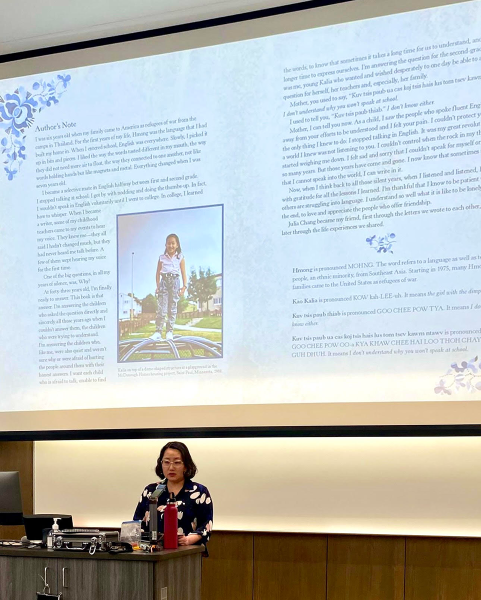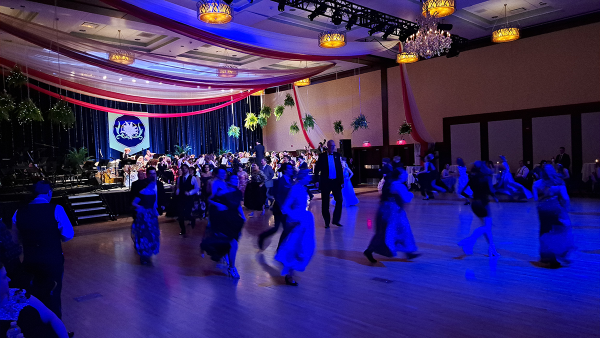Finding beauty in the darkest places
It’s a hard to imagine a movie about the Holocaust being funny. It might seem that making a funny movie about the Holocaust funny would be in bad taste. It was possible that “Life is Beautiful” could have taken a tragic turn, but the comedy in it stayed sweet and hopeful throughout.
“Life is Beautiful” is, essentially, a love story, set amid Fascist Italy in the 1930s and 1940s. In the first few minutes of the film, Guido, played by director Roberto Benigni, quickly falls in love with a school teacher, and throughout the first 20 minutes, keeps bumping into her in comical ways.
Guido, in order to meet Dora (played by Nicoletta Braschi), the woman he keeps bumping into, poses as the minister for education, who has been invited to the school to give a talk on why the Italian school children are racially superior. Guido jumps on the table and proclaims that he was, naturally, selected to give this talk because he is a perfect specimen of racial superiority, which the children are shocked by. Guido, to give you a picture, is short, skinny and balding.
During the first half of “Life is Beautiful,” it is never outright said Guido is Jewish. There is no tension between Guido and Dora because he is Jewish. For the first half of the movie we just see Guido as the romantic lead. It’s wonderful that the filmmakers chose not to stress that the main character is an Italian Jew. Yes, the audience can figure that out, but it doesn’t really matter.
The second hour of “Life is Beautiful” takes a much different twist. This is a few years in the future. Guido and Dora are married, and have a little boy, Joshua. Guido has opened his bookstore. In one of the first scenes with Guido and Joshua we get a feel for how Guido tries to protect his son from the atrocities of Fascist Italy that is currently being occupied by the Nazis. Guido, his uncle and his son are eventually deported to a concentration camp. Guido, knowing what is going to happen, convinces his son that the whole thing is a game, and the prize, a tank.
The comedy in “Life is Beautiful” is reminiscent of a silent movie. It isn’t over the top, but it does have a few silly moments. I couldn’t help but compare this movie to Charlie Chaplin’s “The Great Dictator,” which poked fun at Hitler in 1940. There is a point in the beginning of the film when Guido asks a prospective employer about the latter’s political views.
The employer turns his attention away from Guido to yell at his young sons, who are fighting, and calls one of them “Benito.” The humor is sweet, and Benigni knows what material he’s
working with.
This might be a comedy, but that doesn’t mean that it isn’t sad. Maybe bring tissues.
There were parts of the film where it was tough to digest the comedy. It was hard to believe that someone, going through all of this, would be able to laugh through it. There will be parts where you’ll want to laugh and cry at the same time.
Watching the movie, though, you come to the conclusion that it isn’t going to end happily. I think it goes without saying that when you watch a movie about the Holocaust, you shouldn’t go in looking for a happy ending. But even as I say that, “Life is Beautiful” doesn’t dwell on the sadness. Guido’s whole mission in the movie was to keep his son hopeful and away from the hatred and misery of the concentration camp. Even after everything that happens in the movie, the idea of hope still prevails for Joshua.










